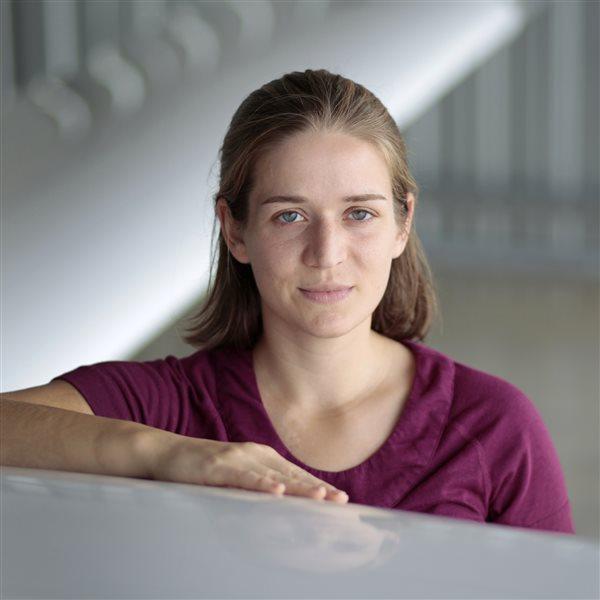
Sporty’s has been added to the short list of training providers offering a newly required course for the multiengine airplane airline transport pilot (ATP) certificate, the company announced Sept. 24.
As of Aug. 1, airplane multiengine ATP applicants must complete an approved airline transport pilot certification training program (ATP CTP) before taking the knowledge test. At the time, only two programs were approved, both part of degree programs for students at Embry-Riddle Aeronautical University. The six-day Sporty’s program, offered in partnership with ABX Airlines in Wilmington, Ohio, is available outside of the university setting.
Sporty’s Academy President Eric Radtke told AOPA that the FAA authorized the program Sept. 3, although it has not yet updated its list of authorized ATP certification training programs on its website. The first course is scheduled for the week of Oct. 27.“ABX Air is proud to partner with Sporty’s in the launch of the ATP-CTP,” said ABX Flight Standards and Training Supervisor Steve Hanshew in a media release. “Besides a wealth of airline training experience, ABX also offers a world class flight simulator training facility where pilots will benefit from learning in modern, full-motion flight simulators from professional and experienced airline pilots.”
ABX Airlines instructional staff will train students at company facilities in Wilmington. Pilots who pass a written test at the end of the course with a minimum score of 70 percent will earn a graduation certificate required to take the multiengine ATP knowledge test. Under the new rules, people who take the airplane multiengine ATP knowledge test have 60 months to take their checkride.

ATP certification training programs must offer 30 hours of classroom work and 10 hours of simulator training, six of which must be in a flight simulator classified as Level C or higher. The Sporty’s/ABX Airlines program’s simulator training will take place in a Level C DC-9 simulator; Sporty’s calls the DC-9 “an ideal aircraft for transitioning pilots [accustomed] to ‘hands-on’ flying and traditional instrumentation.”
The program is open to those with a minimum of a private pilot certificate. Radtke said that the rush of pilots taking the knowledge test in advance of the Aug. 1 changes included pilots of all experience levels, and career-track pilots may take the course whenever it fits their schedule since the knowledge test is good for five years. “This is more about the experience” than about operating at an ATP level on the simulator, he said.
The course covers all the required topics for an ATP certification training program, including aerodynamics, upset prevention and recovery, meteorology, air carrier operations, turbine engines, performance, automation, leadership, and crew resource management. Simulator training includes navigation, automation, and high-altitude operations. The cost is $4,500.

